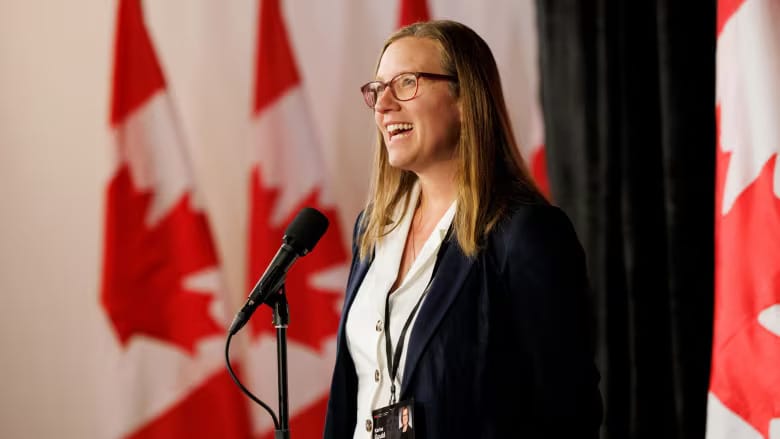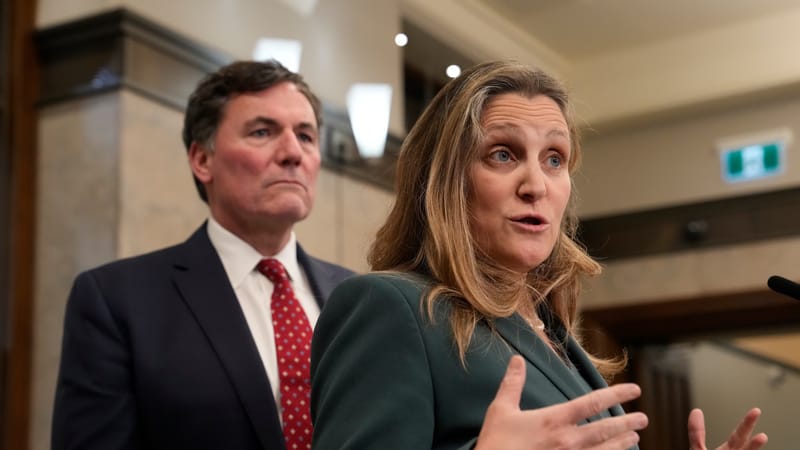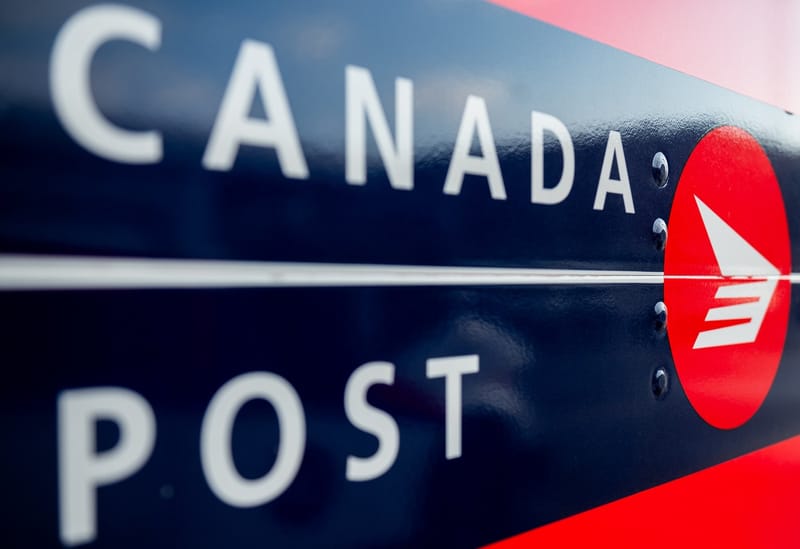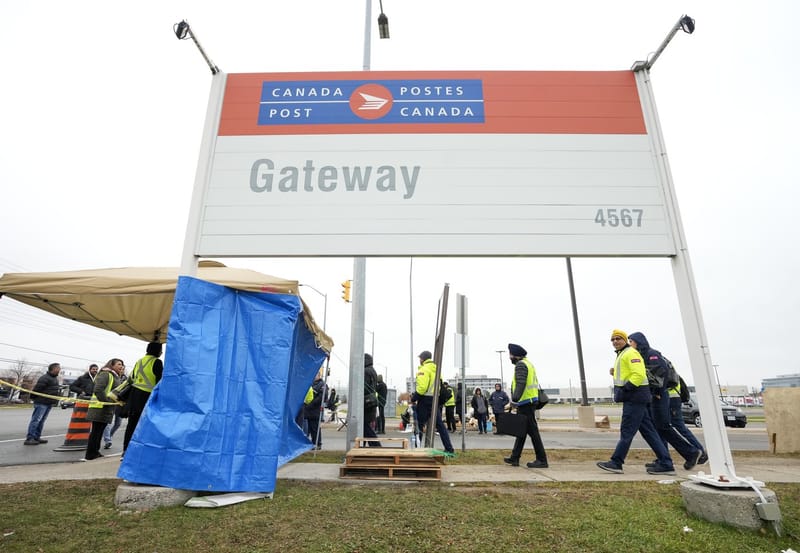Liberals Confident Power-Sharing Deal with NDP Will Hold Until June 2025
"We signed the agreement until the end of June — that's something that has been signed and agreed to, so I'm going to be working on that premise," she added.

Government House Leader Karina Gould expressed confidence on Tuesday that the NDP supply-and-confidence agreement, which sustains the Liberal government, will remain intact until its anticipated end date in June 2025.
This agreement, initially signed in March 2022, allows the government to function without the risk of losing a confidence vote. If both parties adhere to the deal, the next federal election wouldn't occur until summer 2025 at the earliest.
While Canada's fixed-date election law sets the next vote for October 2025, the prime minister retains the option to call an earlier election.
"I'm fairly confident that agreement is a good agreement, it's a strong agreement, and we'll get to the end of June," Gould said during a press conference at the cabinet retreat in Halifax, where ministers are strategizing for the year ahead.
"We signed the agreement until the end of June — that's something that has been signed and agreed to, so I'm going to be working on that premise," she added.
Gould's optimism comes despite recent frustrations expressed by NDP Leader Jagmeet Singh regarding the government's handling of the railway workers' dispute last week.
After a brief work stoppage, the Liberal government intervened, compelling the Teamsters union and rail companies CN and CPKC to resolve their differences through binding arbitration with a mediator's assistance.
Singh criticized the government's move, calling it an "anti-worker precedent" and arguing that it infringed on the union's Charter-protected right to collective bargaining. The Canadian Industrial Relations Board (CIRB) ultimately sided with the Liberals.
Labour Minister Steven MacKinnon stated that allowing a prolonged work stoppage at both of Canada's railways would severely damage the economy. Deputy Prime Minister Chrystia Freeland echoed this sentiment, calling the potential shutdown a "self-inflicted wound."

However, NDP Leader Jagmeet Singh argued that the government should have avoided intervention.
"By setting that anti-worker precedent again and again, Justin Trudeau sent a clear message to CEOs: he'll reward big corporations when they refuse to negotiate in good faith by serving up their workers on a silver platter," Singh said.
He further criticized the government, saying, "Canada has a government that caves to corporate greed. The result is labour disruptions, and workers struggling to get fair pay and safe working conditions. It's backwards, and it hurts everyone but the billionaires at the top."

Before agreeing to the supply-and-confidence deal with the Liberals, the NDP secured commitments on several policy initiatives. The government has since advanced the expansion of the social safety net, introducing new pharmacare and dental programs. Additionally, it has passed "anti-scab" legislation prohibiting the use of replacement workers during strikes.
One remaining priority is the introduction of a "safe long-term care act," which the agreement stipulates must ensure seniors receive proper care regardless of their location.
The NDP has also urged the Liberals to explore electoral reforms, such as extending "election day" to three days of voting, allowing voters to cast ballots at any polling place within their riding, and improving the mail-in ballot process.
Gould emphasized that there are still "some things that are left to move forward on," and assured that efforts will continue in that direction.





